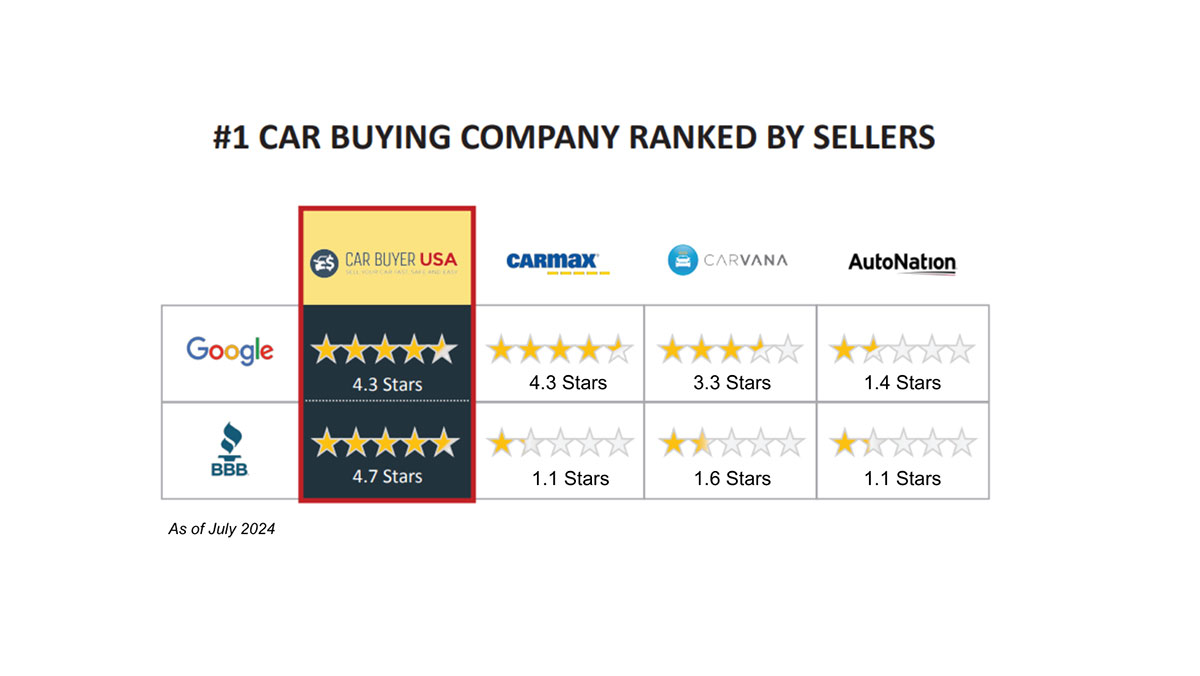
When considering the environmental impact of your vehicle purchase, buying a used car can be a more sustainable choice for several reasons.
Reduced Manufacturing Impact! The production of new cars consumes significant resources and energy. This process includes the extraction of raw materials, manufacturing of parts, assembly, and transportation of the finished vehicle. By purchasing a used car, you extend the life of an existing vehicle, reducing the demand for new car production and thus lowering the associated environmental footprint.
Lower Carbon Emissions! The carbon emissions involved in manufacturing a new car are substantial. By opting for a used car, you are effectively spreading these emissions over a longer period and more miles driven. This reduces the overall per-mile carbon footprint of your vehicle.
Less Waste! Cars that are scrapped or left unused contribute to waste and pollution. By buying a used car, you help reduce the number of vehicles that end up in junkyards and landfills. Extending the lifespan of a vehicle minimizes waste and the environmental impact associated with disposal. Resource Conservation! The production of new cars requires a considerable amount of raw materials, including metals, plastics, and rare earth elements. These resources are finite and often involve environmentally damaging extraction processes. Buying a used car means fewer new resources are consumed, conserving these materials. Energy Savings! The energy used in the manufacturing and transportation of new vehicles is significant. This energy consumption contributes to greenhouse gas emissions and other environmental issues. By choosing a used car, you help save the energy that would otherwise be expended in producing and delivering a new vehicle.
Promoting a Circular Economy! Purchasing used cars supports the principles of a circular economy, where products are kept in use for as long as possible. This approach reduces the need for new products and minimizes waste. A circular economy is more sustainable and less resource-intensive than the traditional linear economy of "make, use, dispose."
In summary, buying a used car is environmentally friendly because it reduces the need for new car production, lowers carbon emissions, minimizes waste, conserves resources, saves energy, and promotes a more sustainable circular economy. By extending the life of existing vehicles, we can significantly decrease our environmental impact and move towards a more sustainable future.


